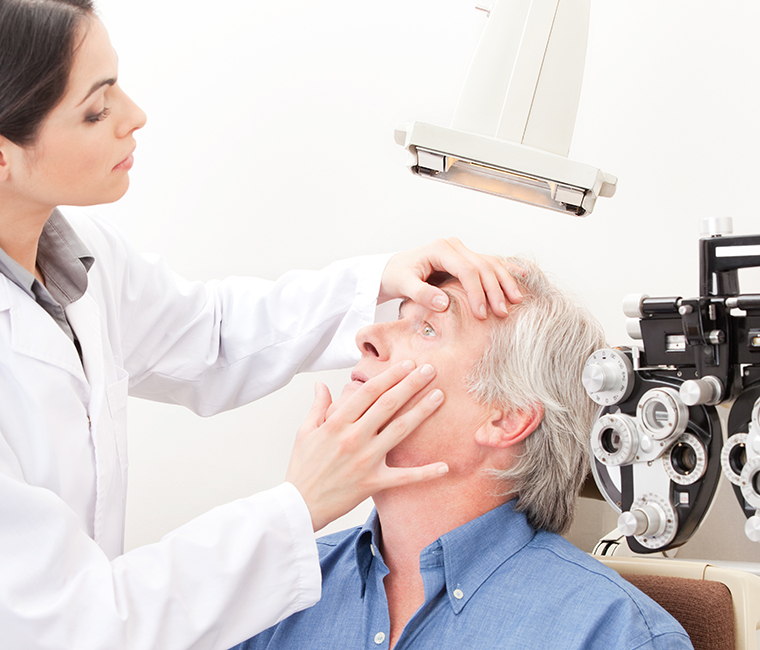The redness in your eyes was not going away. You also noticed increased sensitivity to light and some blurry vision. What was causing these symptoms? Fortunately, you did not ignore them, hoping they would go away on their own. You made an appointment with your eye doctor, who diagnosed you with uveitis — inflammation of the eye. What does this mean? How is it treated?
Washington University ophthalmologist Lynn Hassman, MD, PhD, explains, “Uveitis affects different people in different ways. It is not one disease, but many different diseases. It can affect varying parts of the eye, like the retina, the iris or the cornea.”
The most common symptoms of uveitis are:
- Eye redness and/or pain
- Light sensitivity
- Blurred/decreased vision
- Dark, floating spots in your field of vision
Uveitis can be caused by:
- Autoimmune conditions that cause the body’s immune system to attack the eyes
- Eye injuries or surgeries
- Infections like syphilis or shingles
- In rare cases, medications or cancers
Your doctor may order tests to look for some of these causes, but in most cases a person just has uveitis. This means that his or her inflammation isn’t caused by an infection or associated with another disease.
According to Dr. Hassman, “Treatment depends on which parts of the eye are affected and how severe the uveitis is. The goal is to stop inflammation. Most people have autoimmune uveitis and are first treated with steroids. Steroids are a powerful tool for treating inflammation, because they weaken the overactive immune system.
However, if a short course of steroids doesn’t cure your uveitis, a long-term treatment plan may be needed. This includes immune suppression medications that cause fewer adverse side-effects than steroids. For long-term treatment, immune suppression is usually much safer than steroids.”
If uveitis is not treated, it can lead to complications, including:
- Retinal swelling
- Glaucoma
- Cataracts
- Scar tissue inside the eye
- Optic nerve damage
- Retinal detachment
- Permanent vision loss
Dr. Hassman adds, “Patients who have been diagnosed with uveitis should see their primary care doctor at least once a year. A healthy lifestyle that includes eating right and staying active, can improve overall health, and make it easier to deal with uveitis. While smoking does not cause uveitis, it does make it worse. If you smoke, you should make it a goal to stop.
Uveitis can be a life-long disease. It is different for each patient and it may take time to find the best treatment. I am dedicating most of my practice to research and finding a cure for uveitis.”
For more information, or to make an appointment with any of our specialists at the Washington University Eye Center, please call 314-362-3937.
Washington University Eye Center
Center for Outpatient Health
4901 Forest Park Ave., 6th floor
St. Louis, MO 63108
